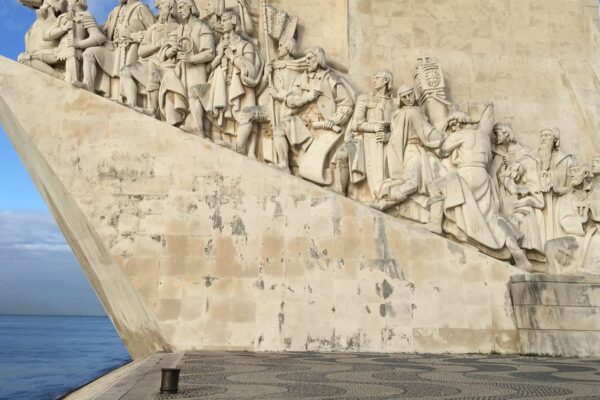Portugal is a European country without a culture of freedom, although it thinks it has one. It is a country where there is no alternative to socialism, since in a democracy the political alternation is between a socialist party and a social democratic party, and in Portugal, the latter is considered a right-wing party. Right-wing is a word that has been banned since the Estado Novo. Between themselves, the PSD and the PS have alternated in government since the end of the dictatorship, with the socialists having governed the country for 20 of the last 27 years.
Liberalism is also a relatively new term for most Portuguese people, generally associated with austerity as a consequence of the liberal measures that the former Social Democratic Prime Minister Pedro Passos Coelho took, coinciding with the need for external aid, inherited from the immediately previous socialist government.
Passos wanted to go beyond the Troika, pay the debt and liberalize the economy in a desperate attempt to achieve growth and cut a lot in the state, taking measures that were unpopular among public employees and pensioners, even those who were not targeted by the measures.
And so the myth spread: Right is Fascism, Liberalism is Austerity, while the left, which takes with one hand what it gives with the other, remains popular.
Portugal began to diverge from European countries in the late 1990s and, currently, the countries that were in the former Soviet bloc have already surpassed us.
One fifth of Portuguese people live outside the country and, according to Portuguese professor Nuno Palma, “this is a proportion that only occurs in the event of wars and disasters”. A recent survey even indicates that 30% of young people born in Portugal live abroad, which in a country where the average is 1.03 children and the Social Security system, a true Ponzi scheme, depends on these children to be viable, is impossible to survive. As a result, the State has been injecting around 7 to 7.5 billion euros annually to maintain social security.
As we know, there is no state aid without extortion of the “taxpayer”. Although the socialists proudly claim that the Portuguese tax burden is lower than the European Union average (it represents 37.6% of GDP vs. 41.3% of the European average, according to 2020 data), the concept of tax effort is not considered and, in this championship, Portugal is the 6th European country with the highest tax effort. We are talking about a reality in which the minimum wage is €820 and the average salary is €1,314. This dangerous proximity discourages productivity and the ambition for higher education, and slows down some sectors of activity. Doctors earn an average of €1,760, and police officers, who as I write these lines are demonstrating outside the Assembly of the Republic, have a base salary of €907. A police officer in Portugal earns little more than the minimum wage.
Unemployment in the country is also slightly above the European average. It is not easy to hire, it is not easy to fire, it is not easy to be an entrepreneur in Portugal.
Companies, like individuals, are suffocated by taxes: IRC, VAT, IUC, ISV (the last two on vehicles), IMI, AIMI, IMT (property), and they still have to guarantee the payment of the minimum wage. Workers cost companies in Portugal a lot. At the beginning of this year, with the new salary increase to €820, employers will have to pay an additional €1,000 to the state for each employee, and employers’ confederations have already asked the government for a reduction in the amount to be deducted for Social Security. The answer was a resounding “no, because the system must be maintained sustainable”.
This year the country will go to elections. Elections out of time, after the resignation of the Socialist Prime Minister involved in a corruption scandal. There are no electoral proposals that seek to liberalize the economy. From the left to the right, all anyone talks about is taxing: companies, gas stations, banks.
From left to right, all anyone is talking about is increasing minimum wages in an interventionist way. There is even talk, even considering what has been said in these lines, of increasing pensions for retirees to €1,000.
Portugal is a country that knows how to welcome visitors, because, as any Portuguese person knows, we always tidy up our home for visitors and it is through tourism that we collect all the distinctions. Ironically, a country that courageously set out to discover the world is so afraid of freedom.


